Here’s a list of what you’ll be filing for His Majesty’s Revenue & Customs (HMRC) broken down into 12-month, three-month and monthly deadlines.
12 months
Confirmation statement – A legally required online form on HMRC’s website that asks you to confirm your company’s information. The statement must be filled in within 12 months of setting up your company. Statement costs £13 to submit online or £40 to submit by post. (Nov 2021)
Year-end accounts filing – The ‘Statutory Accounts’ tell HMRC what your business earned and from whom, what you paid out and why, plus anything owed to you or by you. If your business was incorporated on 7 November, your end-of-year date (also known as the ‘accounting reference date’ or ‘ARD’) would be the 30th November the following year, and every 30th November after that
Three months
Corporation Tax – It currently stands at 19% of profits for most companies, and as a business owner, it is your responsibility to calculate how much you owe HMRC. Register for Corporation Tax when you set up your business. The amount owed will form part of your annual Tax Return after a year of trading – your ‘ARD’ mentioned above and you’ll have a further 9 months and 1 day after your ARD to pay the Corporation Tax you owe
VAT returns – If your business is making more than £85,000 in taxable turnover a year you’ll need to register for VAT. After you’ve registered, you’ll receive a Certificate of Registration which will tell you when your first and subsequent VAT Returns are due. To find out more about registering for VAT, check out our other blog here.
Monthly
Payroll – payroll is usually run monthly, with the exact date stipulated in the contract of employment. You should send the pay data to HMRC before you or your staff get paid. The taxes for that payroll run (such as PAYE income tax and National Insurance) are due by HMRC between the 6th and 22nd of the following month
Getting more information
You’ll be bossing this paperwork in no time, but if you need a little more guidance getting started, there’s a lot of official help online from HMRC themselves. If you’d prefer some more personal guidance, talk to a local accountant – even a one-off meeting can really help.
Disclaimer: The content of this blog is based on our understanding of the topic at the time of publication and should not be taken as professional advice. Any of the information may be subject to change. You are responsible for complying with tax law and if in doubt, should seek independent advice.


